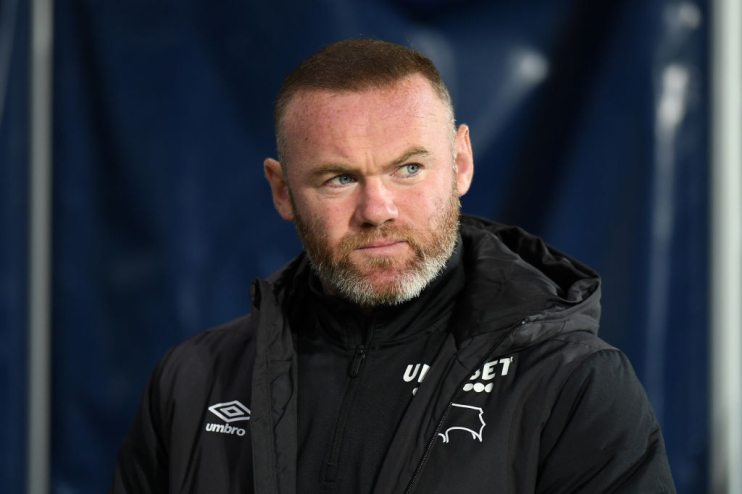Opinion: Why Derby County’s financial woes show that football is broken and needs fundamental change

The unfolding disaster at Derby County should never have been allowed to happen, but sadly this is just the latest example of a game that has increasingly allowed itself to lose touch with reality.
We have seen the collapse of FA Cup winners Bury and the demise of Macclesfield, while others, such as Wigan and Bolton, have also teetered on the brink of survival.
The financial model of football is broken. And one thing is certain: Derby County will not be the last.
Ian Mather, the chief executive of Cambridge United, one of the clubs to have signed up to the Fair Game movement, put it simply: “There are only two types of businesses that budget for a loss: start-ups and football clubs.”
In this case, Derby are a 137-year-old start-up.
The situation has been made worse by the siren call of the Premier League and the existence of parachute payments.
The Championship play-off final is not known as the “richest game in football” for no reason. Promotion guarantees an estimated £170m to the winner.
Even if your stay in the league is temporary, the Premier League provides the safety net of a parachute payment of £55m to each relegated club – that is more than the division gives to the 48 clubs of League One and League Two put together.
It has turned our national game into a world of gamblers and at stake is the very heritage and traditions of our clubs. Nearly every club in the Championship spends more on players’ wages than it gets in revenue. And that attitude trickles down the pyramid.
Derby County gambled and lost, and those who have suffered the most are the fans. But not far behind are the local businesses.
The Football Creditors’ Rule means that when a club goes into administration all creditors from within the game – agents, players, other clubs – get paid in full. But local suppliers – the butcher, the baker, the candlestick maker or in modern terms the IT consultant, the caterer and the printer – get the classic 1p in the pound.
Football needs to change and we can’t rely on the governing bodies to do it. They have had their chances over decades and have failed repeatedly. The Premier League controls all the strings. The voting structure of the EFL, which governs the divisions below, is weighted heavily in favour of the Championship clubs, so while they have made some promising noises actual change will be very hard to deliver.
Fair Game, a group of 30 value-driven clubs determined to lay a fresh path, is leading the call for change.
We are calling for the end of parachute payments, with that resource being reallocated to clubs according to where they score on a new Sustainability Index.
That index would rate every club down to the National League North and South, including the Women’s Super League, on four key criteria: financial sustainability, good governance, equality standards and fan engagement – all of which have already been defined by Fair Game’s team of 40 world-renowned experts. The higher up the index, the more money the club would receive.
We also want independent regulation to be able to monitor clubs and step in when issues arise, and we want the abolition of the Football Creditors’ Rule.
Ultimately, we want fans to be able to put on their shirt on a Saturday morning and be proud of everything that shirt stands for, safe in the knowledge that their club will be there for the long term.
Niall Couper is chief executive of Fair Game. For more information see: www.fairgameuk.org